2010 Honda Accord Brake Rotors and Pads
Click here to search another vehicle
All Rotors:
OEM x
Coated x
Drilled, Slotted and Coated x
Front x
Rear x
All Pads:
Ceramic x
Semi-metallic x
Front x
Rear x
Found 31 record
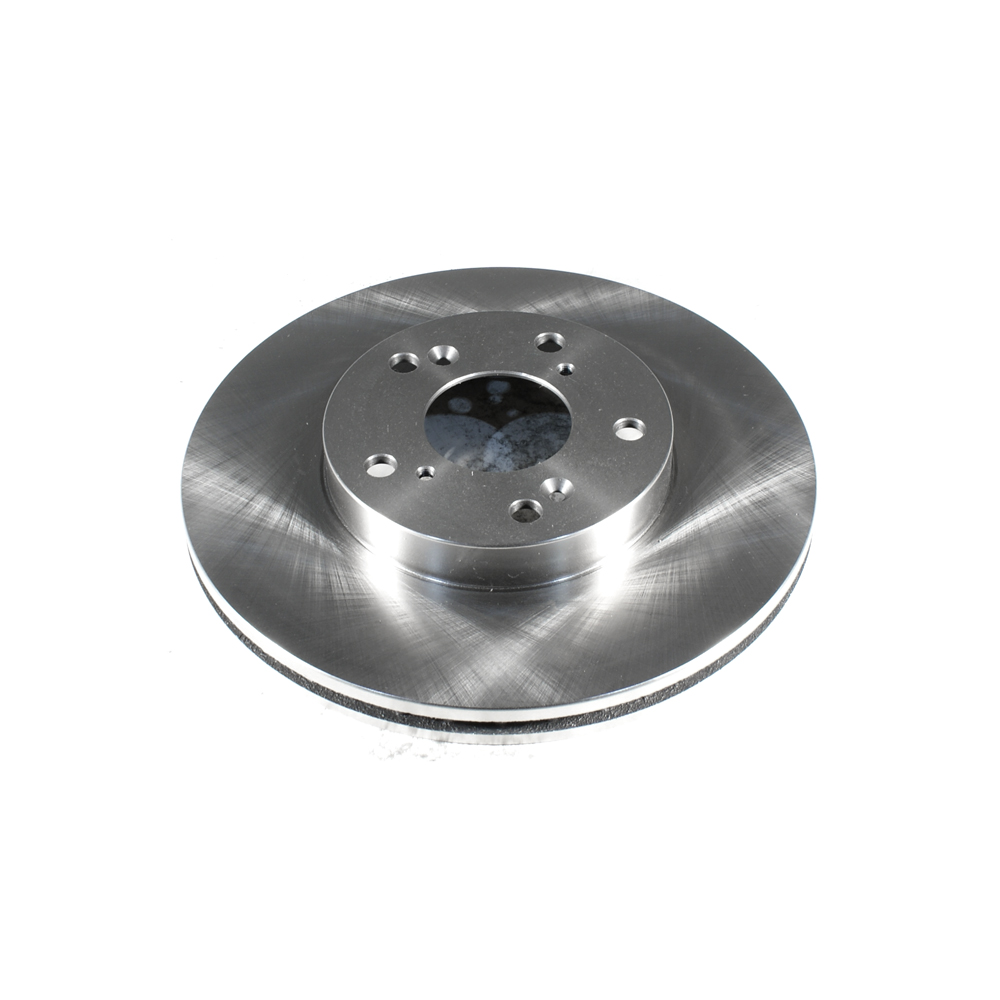
Part No: BR31257
Raybestos: 96711/980072
OE: 45251TA5A00
Raybestos: 96711/980072
OE: 45251TA5A00
$36.52 each
Per Car QTY: 2
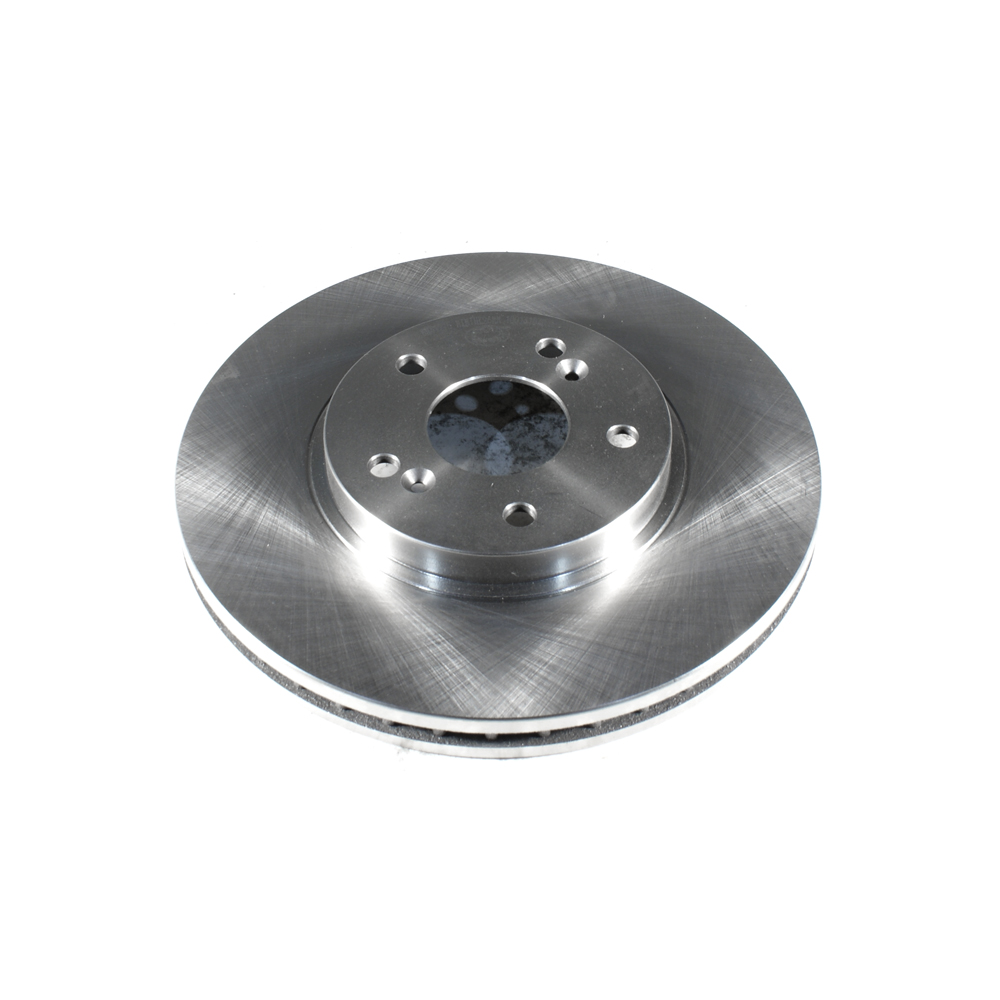
Part No: BR31275
Raybestos: 96795
OE: 45251TA6A00
Raybestos: 96795
OE: 45251TA6A00
$47.03 each
Per Car QTY: 2
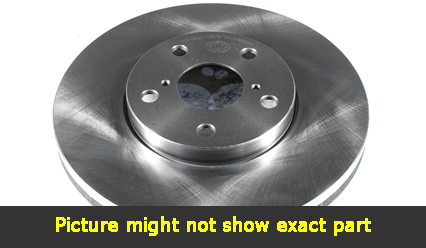
Part No: BR575121
Raybestos: 981037
OE:
Raybestos: 981037
OE:
$37.66 each
Per Car QTY: 2
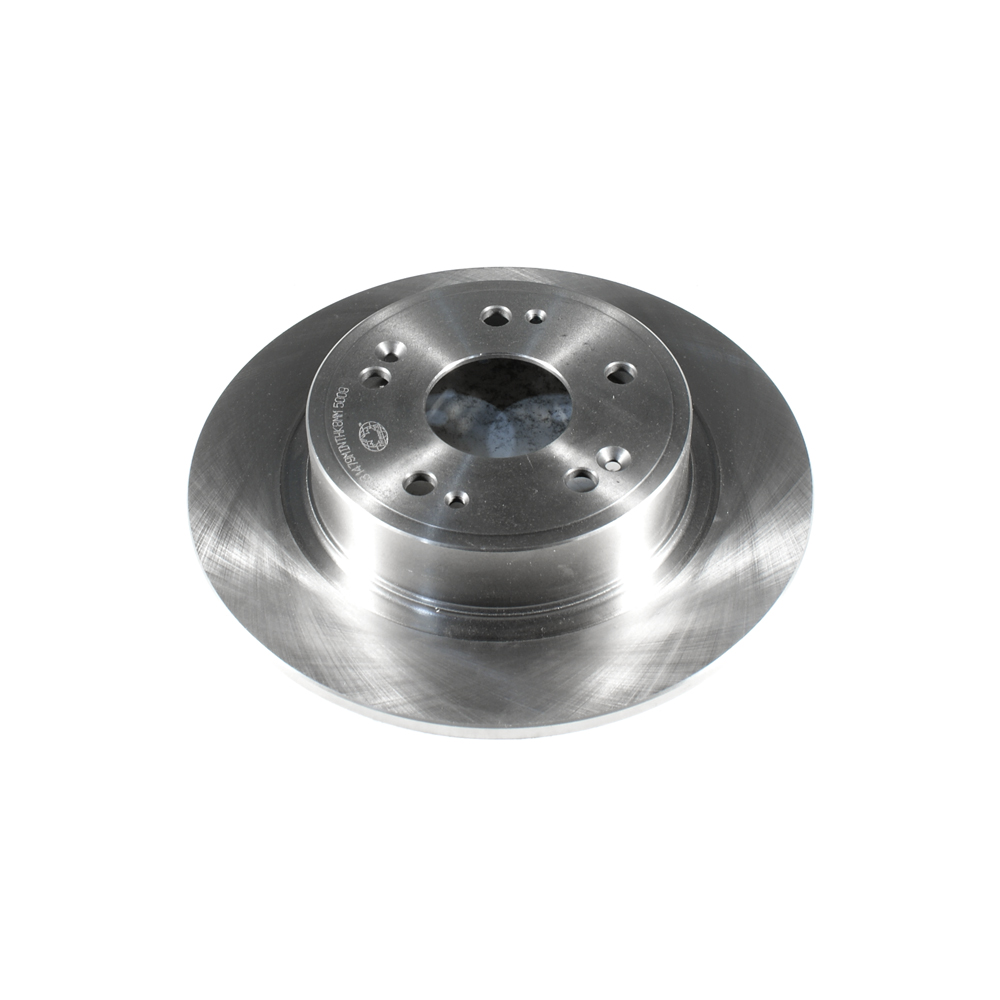
Part No: BR31479
Raybestos: 980577
OE: 42510SFY000
Raybestos: 980577
OE: 42510SFY000
$29.43 each
Per Car QTY: 2
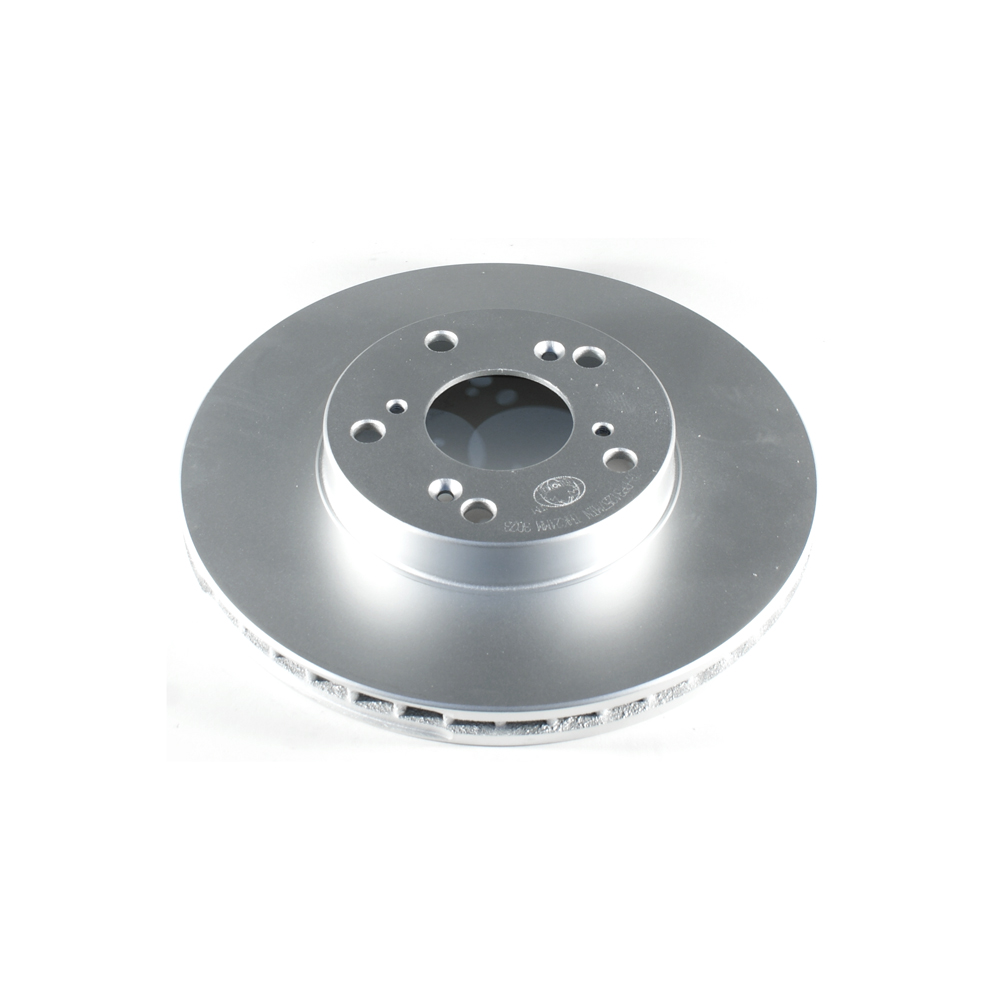
Part No: PP31257
Raybestos: 96711
OE: 45251S7AN10
Raybestos: 96711
OE: 45251S7AN10
$45.94 each
Per Car QTY: 2
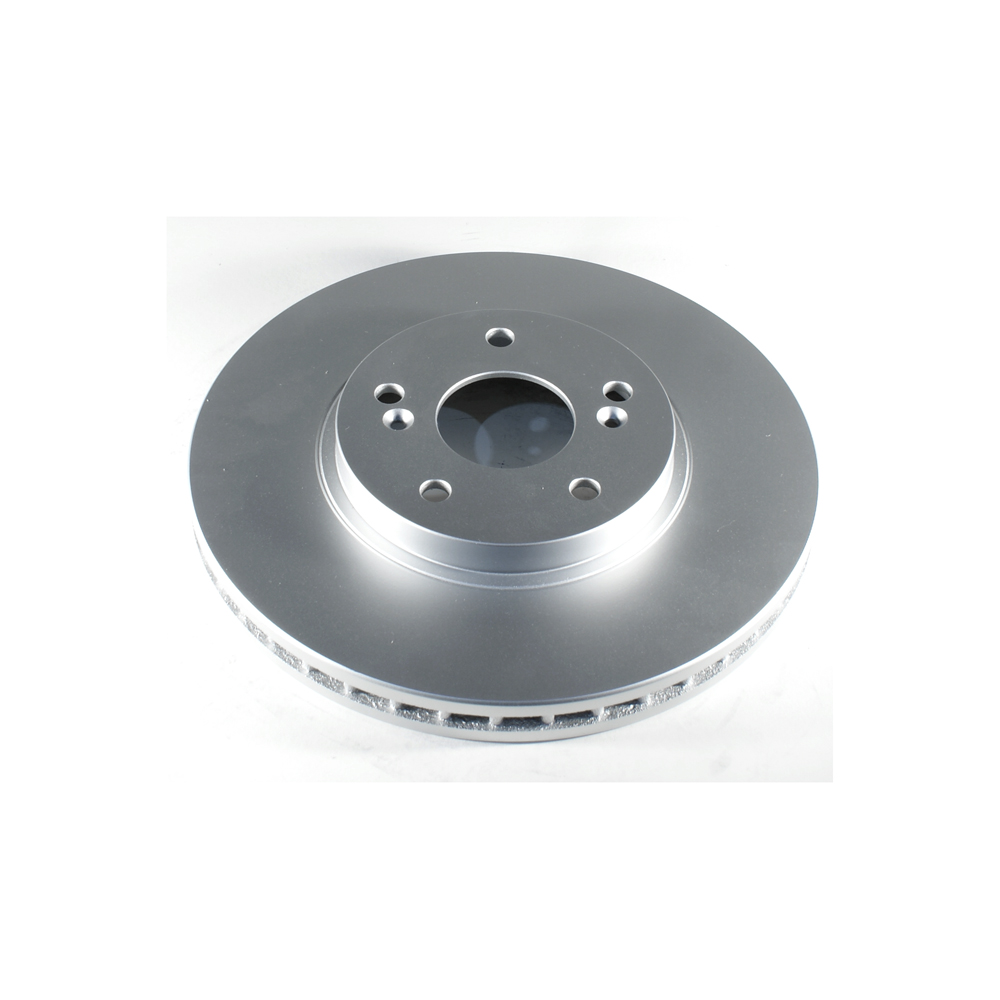
Part No: PP31275
Raybestos: 96795
OE: 45251TA6A00
Raybestos: 96795
OE: 45251TA6A00
$58.16 each
Per Car QTY: 2
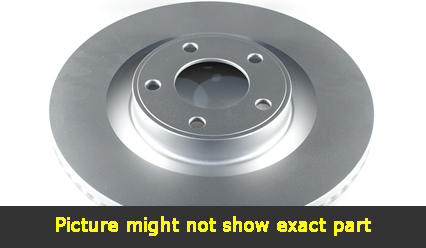
Part No: PP575121
Raybestos: 981037
OE:
Raybestos: 981037
OE:
$45.74 each
Per Car QTY: 2
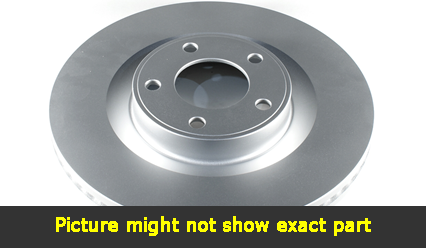
Part No: PP31479
Raybestos: 980577
OE: 42510SFY000
Raybestos: 980577
OE: 42510SFY000
$37.84 each
Per Car QTY: 2
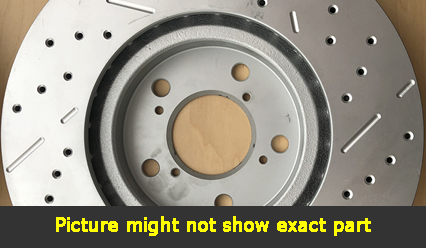
Part No: SP31257L
Raybestos: 96711/980072
OE: 45251TA5A00
Raybestos: 96711/980072
OE: 45251TA5A00
$78.34 each
Per Car QTY: 1
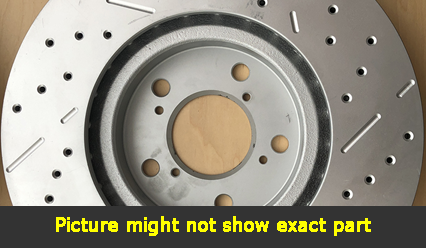
Part No: SP31257R
Raybestos: 96711/980072
OE: 45251TA5A00
Raybestos: 96711/980072
OE: 45251TA5A00
$78.34 each
Per Car QTY: 1
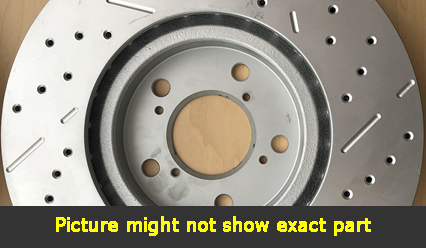
Part No: SP31275L
Raybestos: 96795
OE: 45251TA6A00
Raybestos: 96795
OE: 45251TA6A00
$90.56 each
Per Car QTY: 1
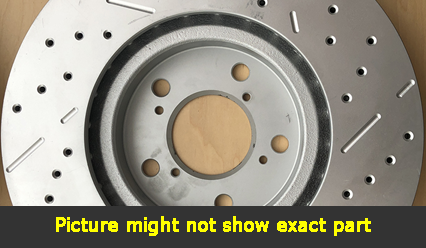
Part No: SP31275R
Raybestos: 96795
OE: 45251TA6A00
Raybestos: 96795
OE: 45251TA6A00
$90.56 each
Per Car QTY: 1
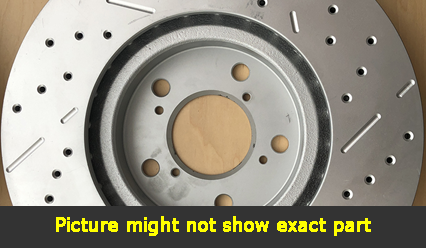
Part No: SP575121L
Raybestos: 981037
OE:
Raybestos: 981037
OE:
$78.14 each
Per Car QTY: 1
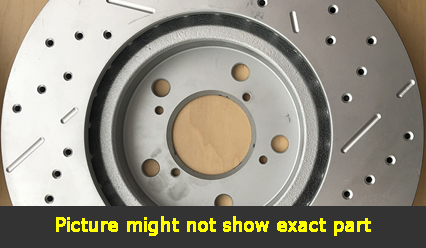
Part No: SP575121R
Raybestos: 981037
OE:
Raybestos: 981037
OE:
$78.14 each
Per Car QTY: 1
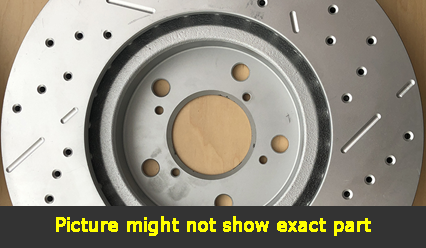
Part No: SP31479L
Raybestos: 980577
OE: 42510SFY000
Raybestos: 980577
OE: 42510SFY000
$70.24 each
Per Car QTY: 1
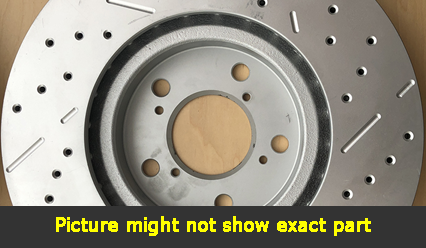
Part No: SP31479R
Raybestos: 980577
OE: 42510SFY000
Raybestos: 980577
OE: 42510SFY000
$70.24 each
Per Car QTY: 1

Part No: PD1089C
Raybestos: 1089
OE:
Raybestos: 1089
OE:
$42.17 each
Per Car QTY: 1
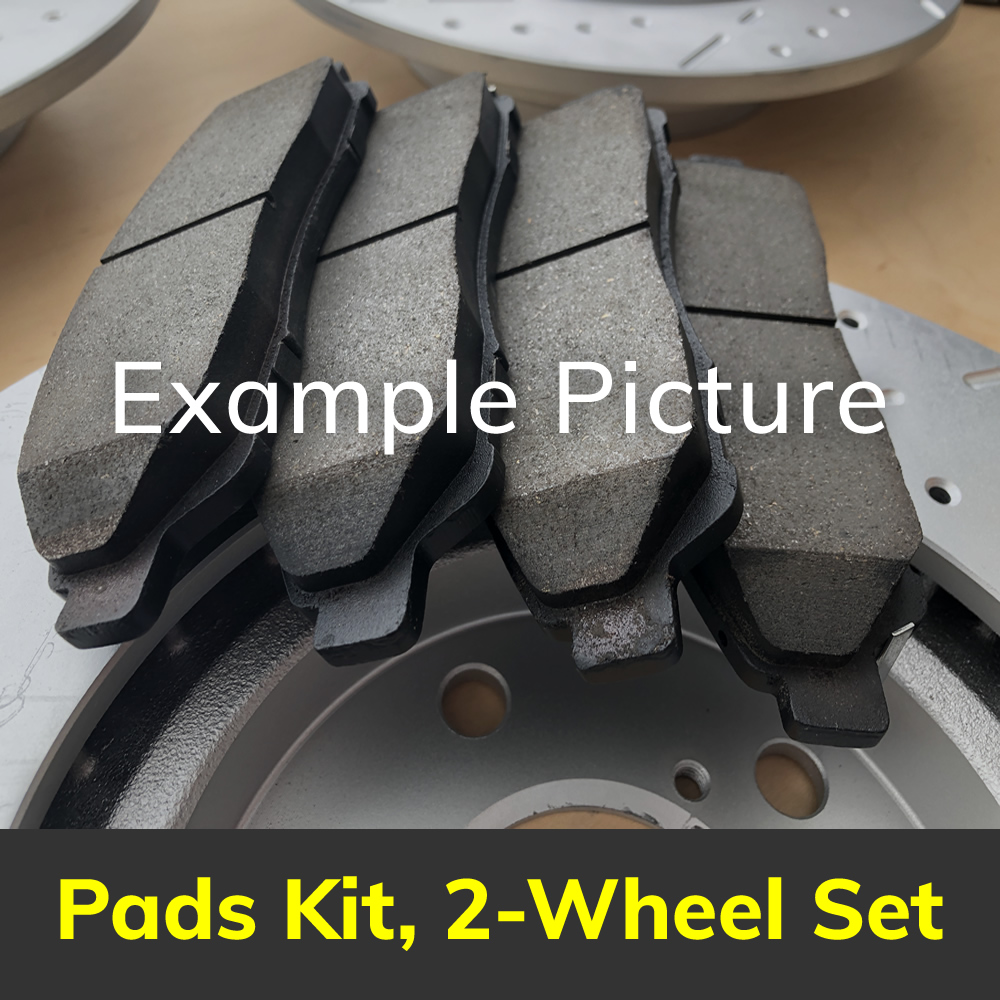
Part No: PD787C
Raybestos: 787
OE:
Raybestos: 787
OE:
$38.9 each
Per Car QTY: 1
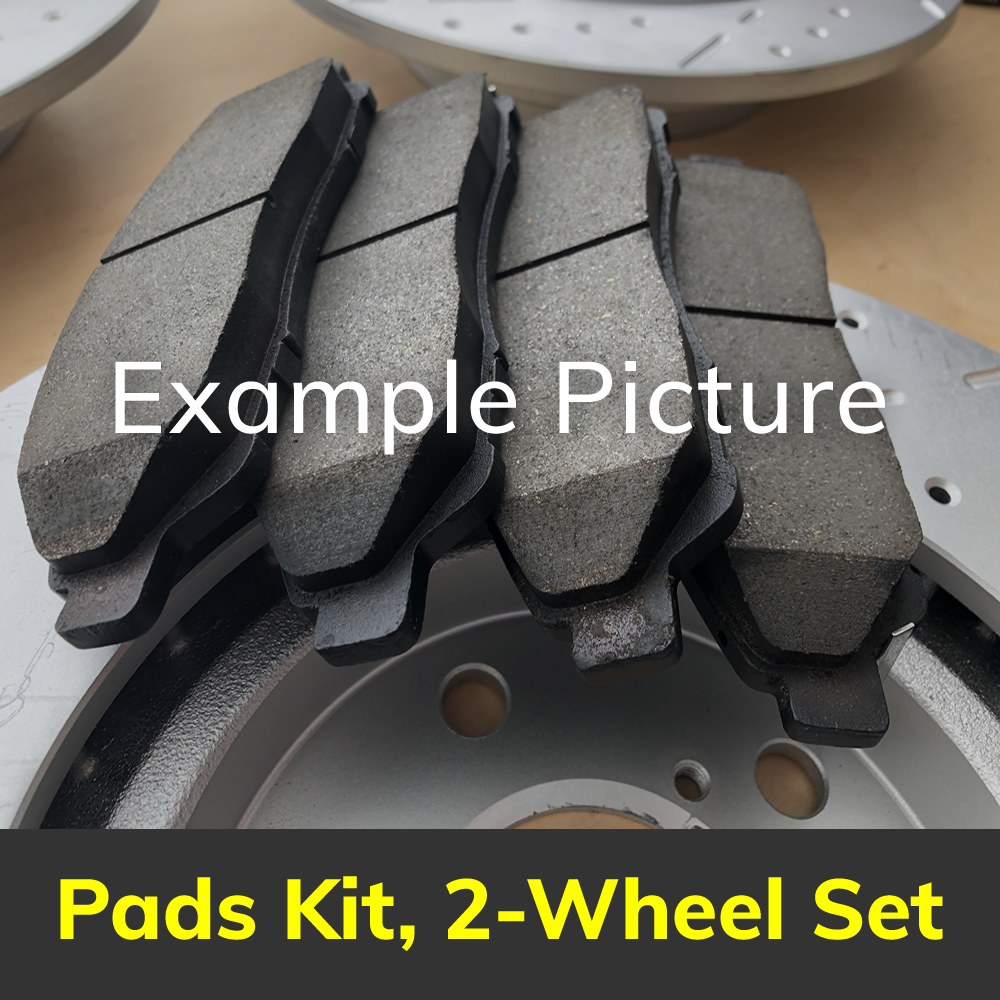
Part No: PD914C
Raybestos: 914
OE:
Raybestos: 914
OE:
$38.07 each
Per Car QTY: 1
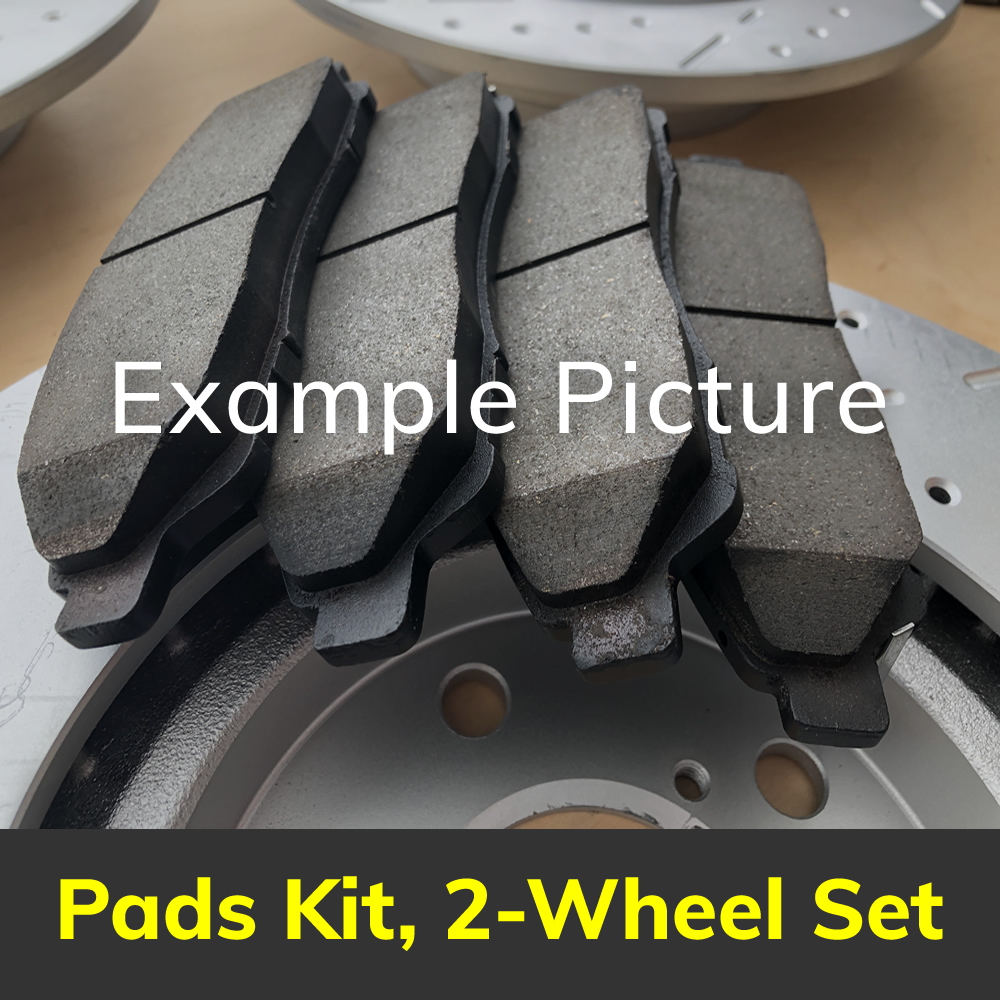
Part No: PD1336C
Raybestos: 1336
OE:
Raybestos: 1336
OE:
$31.54 each
Per Car QTY: 1
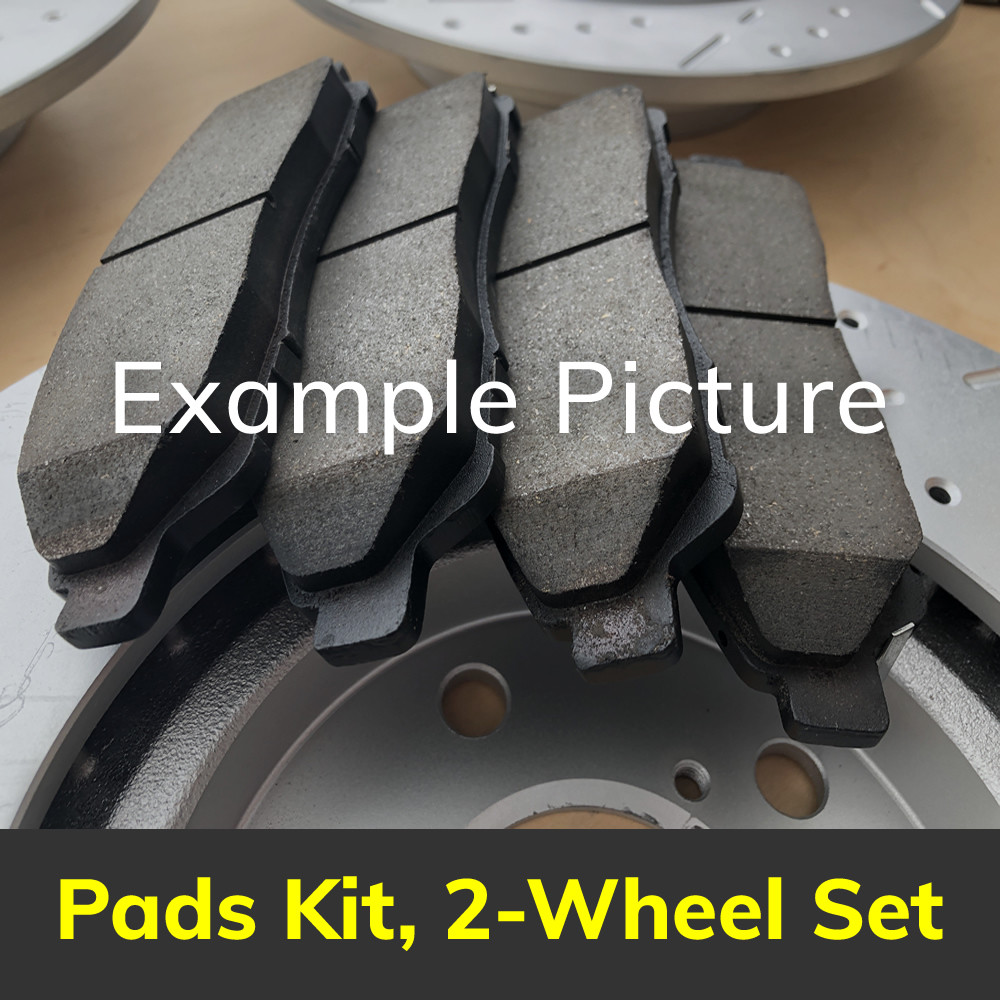
Part No: PD1451C
Raybestos: 1451
OE:
Raybestos: 1451
OE:
$31.48 each
Per Car QTY: 1
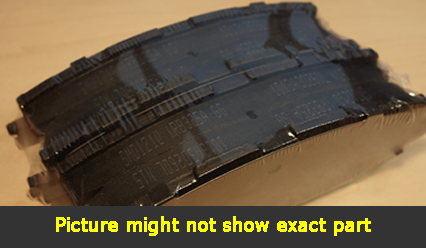
Part No: SMD1089
Raybestos:
OE:
Raybestos:
OE:
$25.96 each
Per Car QTY: 1
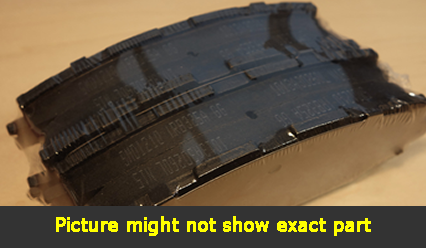
Part No: SMD787
Raybestos:
OE:
Raybestos:
OE:
$23.9 each
Per Car QTY: 1
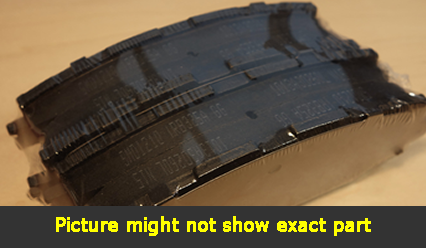
Part No: SMD914
Raybestos:
OE:
Raybestos:
OE:
$23.51 each
Per Car QTY: 1
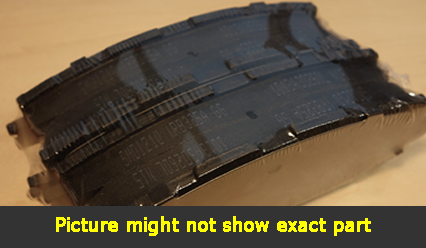
Part No: SMD1336
Raybestos:
OE:
Raybestos:
OE:
$21.37 each
Per Car QTY: 1
Brakes are one of the most critical components of any vehicle. They ensure your safety and the safety of other road users by enabling you to stop or slow down when needed. If you own a 2010 Honda Accord or are considering purchasing one, it is essential to understand the brake system specific to this vehicle model.
The braking system in the 2010 Honda Accord consists of several key components that work together to provide efficient stopping power. These components include brake pads, brake rotors, calipers, and brake fluid.
Let's start with the brake pads. Brake pads are the linings that get pressed against the brake rotors to create the friction needed to stop the vehicle. In the 2010 Honda Accord, the brake pads are made of high-quality materials to ensure proper braking performance and durability. Regular inspection and replacement of brake pads are crucial for optimal stopping power.
Next, we have the brake rotors, also known as brake discs. The brake rotors spin along with the wheel, and when the brake pads come into contact with them, they generate the necessary friction to stop the vehicle. The 2010 Honda Accord comes with well-engineered brake rotors designed to withstand heat and vehicle weight, delivering reliable stopping power.
Calipers play a crucial role in the braking system as well. Calipers house the brake pads and are responsible for pushing them against the rotors when the brake pedal is engaged. The calipers in the 2010 Honda Accord are designed to provide consistent pressure to ensure smooth and even braking.
Brake fluid is the lifeblood of the braking system. It transfers the force from the brake pedal to the calipers and allows for smooth operation. Honda recommends replacing the brake fluid in the 2010 Accord every three years to maintain optimal braking performance.
Regular brake maintenance is crucial to keep your 2010 Honda Accord's braking system functioning at its best. Pay attention to any signs of wear or degradation, such as squealing or grinding noises, reduced braking efficiency, or a spongy brake pedal. If you notice any of these symptoms, it is essential to have your brakes inspected and serviced by a qualified mechanic.
When it comes to brake replacements, it is advisable to use OEM (Original Equipment Manufacturer) parts or high-quality aftermarket alternatives. OEM parts are specifically designed to fit your Honda Accord's brake system, ensuring optimal performance and reliability. Aftermarket options should be sourced from reputable manufacturers to ensure compatibility and reliability.
In conclusion, the braking system of the 2010 Honda Accord is designed to provide reliable stopping power. Regular inspection and maintenance are crucial to ensure proper functioning and safety on the road. By being vigilant and addressing any brake-related issues promptly, you can enjoy a smooth and secure driving experience in your 2010 Honda Accord.
The braking system in the 2010 Honda Accord consists of several key components that work together to provide efficient stopping power. These components include brake pads, brake rotors, calipers, and brake fluid.
Let's start with the brake pads. Brake pads are the linings that get pressed against the brake rotors to create the friction needed to stop the vehicle. In the 2010 Honda Accord, the brake pads are made of high-quality materials to ensure proper braking performance and durability. Regular inspection and replacement of brake pads are crucial for optimal stopping power.
Next, we have the brake rotors, also known as brake discs. The brake rotors spin along with the wheel, and when the brake pads come into contact with them, they generate the necessary friction to stop the vehicle. The 2010 Honda Accord comes with well-engineered brake rotors designed to withstand heat and vehicle weight, delivering reliable stopping power.
Calipers play a crucial role in the braking system as well. Calipers house the brake pads and are responsible for pushing them against the rotors when the brake pedal is engaged. The calipers in the 2010 Honda Accord are designed to provide consistent pressure to ensure smooth and even braking.
Brake fluid is the lifeblood of the braking system. It transfers the force from the brake pedal to the calipers and allows for smooth operation. Honda recommends replacing the brake fluid in the 2010 Accord every three years to maintain optimal braking performance.
Regular brake maintenance is crucial to keep your 2010 Honda Accord's braking system functioning at its best. Pay attention to any signs of wear or degradation, such as squealing or grinding noises, reduced braking efficiency, or a spongy brake pedal. If you notice any of these symptoms, it is essential to have your brakes inspected and serviced by a qualified mechanic.
When it comes to brake replacements, it is advisable to use OEM (Original Equipment Manufacturer) parts or high-quality aftermarket alternatives. OEM parts are specifically designed to fit your Honda Accord's brake system, ensuring optimal performance and reliability. Aftermarket options should be sourced from reputable manufacturers to ensure compatibility and reliability.
In conclusion, the braking system of the 2010 Honda Accord is designed to provide reliable stopping power. Regular inspection and maintenance are crucial to ensure proper functioning and safety on the road. By being vigilant and addressing any brake-related issues promptly, you can enjoy a smooth and secure driving experience in your 2010 Honda Accord.








